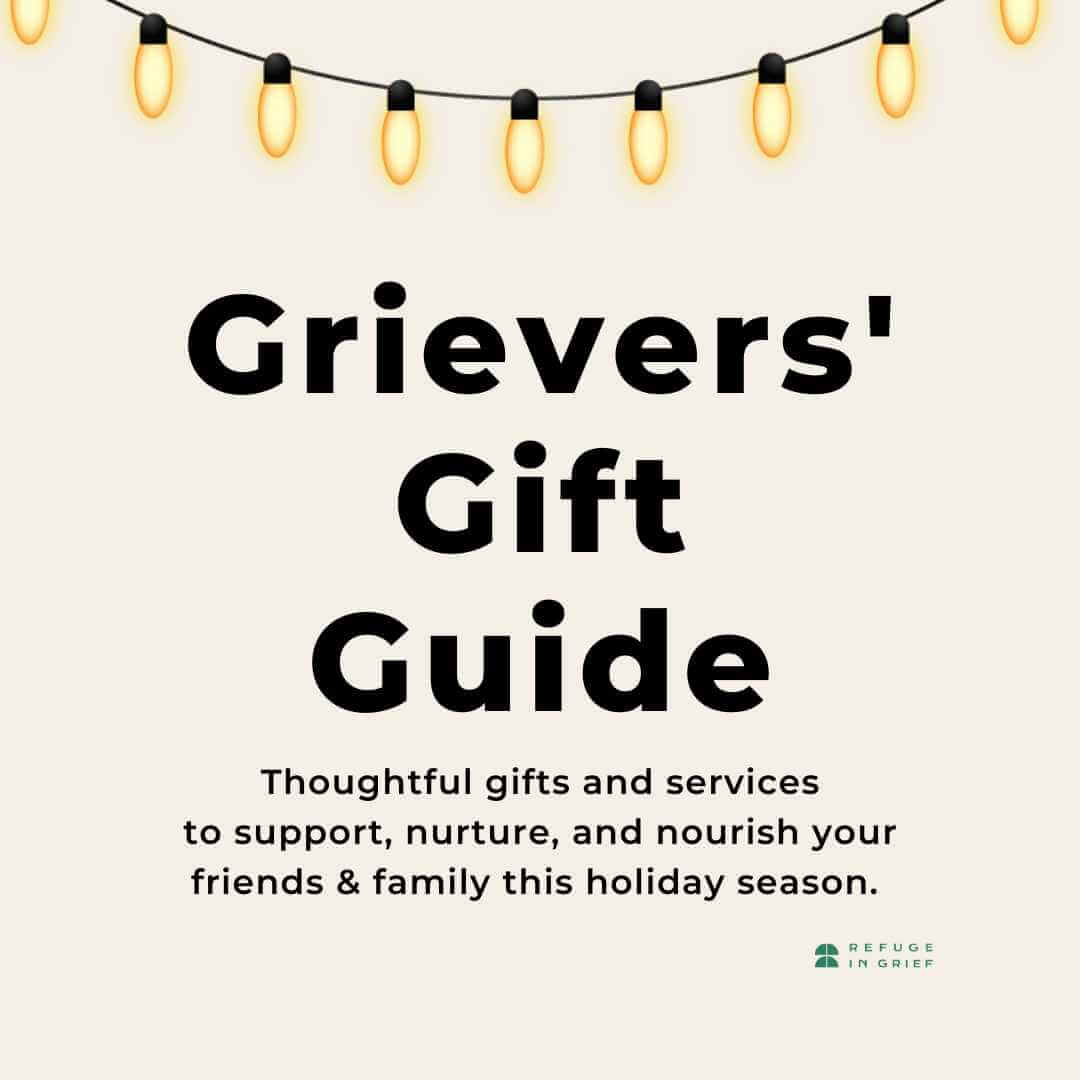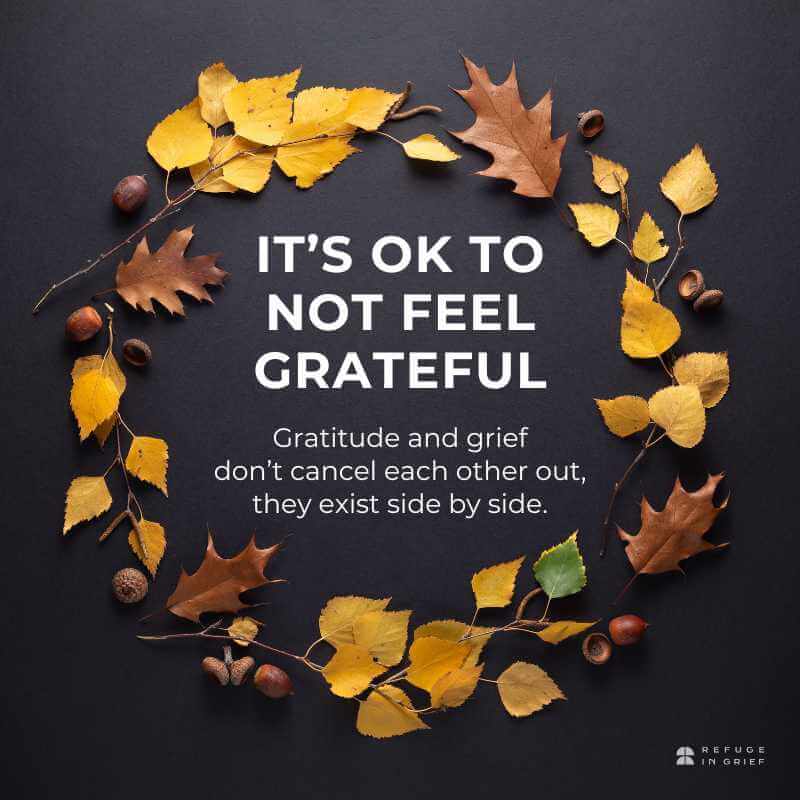How do you ask for help from people who say, “Call me if you need anything”? (Assuming you even have the energy to ask)
How many times have you heard some variation of “I’m here if you need anything” or “call me if you need anything,”?
These vague, open-ended offers of help are usually followed by radio silence – which happens for any number of reasons – leaving the grieving person unsupported.
The problem here is, identifying your needs and then advocating for your needs isn’t something that most people do in the best of times. So asking grieving people to identify what they need and then communicate those needs to people—especially people who may not be accustomed to supporting rather than fixing—that’s a very big request.
Still, I’m often asked by grieving folks how to best go about asking for help from people who say things like this. So, assuming you actually have the bandwidth and desire to ask (which many many grieving people do not), how do you actually go about asking for help?
The first thing I suggest is to choose your audience for this very carefully. I don’t want you advocating for your needs with somebody who is going to be abusive, toxic, or gaslighting.
These are awkward, sometimes challenging, conversations and interactions. And, especially when you first start doing it, you want to choose people you trust and who are willing to have a slightly awkward conversation.
So what can you say to trusted people who made these offers to help “if you need anything”?
In your own words you can say something like, “I really appreciate your offers of support. Here are some things I find useful. Are there any of these things you might be willing to do?”
That’s great for tangible things. My go-to example is the weekly recycling pickup: “Mornings are really rough for me since my person died, and that means that I miss getting the recycling out. Would you be willing to take the recycling out on Tuesday nights for me?”
If you’ve got somebody in your life who really wants to be of use, let’s name that first (again, in your own words), “I really appreciate your offers of help,” ←so we’re connecting first. “I really appreciate your offers of help. Here are some things I might need. Are you willing to do any of these?”
It sounds a little bit transactional, but it’s actually really clear and useful.
If you don’t know what you need, which is #PerfectlyNormal and very common, you can say something like, “I have no idea what I need, it changes day to day, and most of the time I don’t even know because what I want is my person back, and I can’t have that. Maybe we can take a walk and not talk about it. Or maybe we can take a walk and we can share stories about them.” As always, in your own words, using your own suggestions.
Remember, identifying a need, figuring out who might fill that need, and then making a phone call or sending a text to ask is light years beyond their energy levels, capacity or interest of most grieving folks. This is why we recommend that our support people make concrete offers of support instead, because most grieving people simply won’t or can’t call.
How about you? If you had the bandwidth to do so, how have you asked for help from people who said things like “I’m here if you need anything”? Others in this community can use your ideas.
For our support people: looking for more ways to support your grieving friend or family member? We got you. This is our helper overview.


